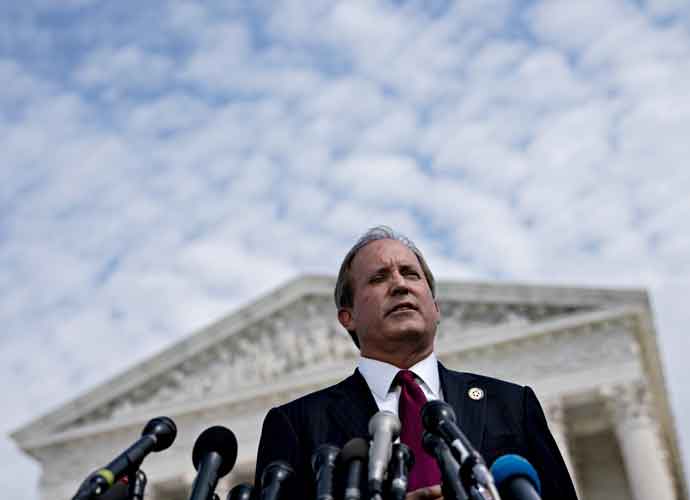Texas Supreme Court Rules Against Texas Women Fighting For Less Restrictive Abortion Exemptions
The Texas Supreme Court determined that the state abortion ban did not put the plaintiff’s health at risk, reversing a decision by lower courts.
The plaintiff in this case was comprised of several Texas women who had health issues during their desired pregnancies. They argued that they were forced to wait until their health conditions had become serious before receiving an abortion. If denied an abortion, they had to leave the state to receive the procedure.
Currently, a medical exemption exists in Texas’ abortion law, which requires the pregnant person to be at risk of death or severe physical impairment to receive the procedure, according to the ruling made Friday.
The exemption was previously broadened by a lower court order and included circumstances where the pregnancy is unsafe for the pregnant person or if a fetal condition makes it unlikely a fetus will survive.
Subscribe to our free weekly newsletter!
A week of political news in your in-box.
We find the news you need to know, so you don't have to.
The state Supreme Court took issue with this interpretation, as the law states that a doctor must use reasonable medical judgment to identify a serious physical impairment or risk of death. Justice Jane Bland noted that the more extensive exemption is not lawful.
“As painful as such circumstances are, that the law does not authorize abortions for diagnosed fetal conditions absent a life-threatening complication to the mother does not render it unconstitutional,” written in the opinion by Bland.
After the overturning of Roe v. Wade in 2022, Texas’ trigger law took effect immediately, banning most abortions except for those that included situations of serious risk of impairment or death to the pregnant person.
In a statement by the Texas Attorney General, Ken Paxton, he showed his support for the Supreme Court ruling.
“Today, the Supreme Court of Texas unanimously upheld the Human Life Protection Act, one of our state’s pro-life laws,” said Paxton. “I will continue to defend the laws enacted by the Legislature and uphold the values of the people of Texas by doing everything in my power to protect mothers and babies.”
The Center for Reproductive Rights, which was responsible for filing the lawsuit for the women involved, criticized the ruling in a news conference. Nancy Northup, the president and CEO of the Center, stated that they would continue pursuing the issue.
“Imagine the trauma of being forced to give birth to a baby who would live only hours. This is happening every day to women in Texas,” said Northup. “Today’s decision means the state of Texas thinks it is perfectly ok.”
Get the most-revealing celebrity conversations with the uInterview podcast!






Leave a comment